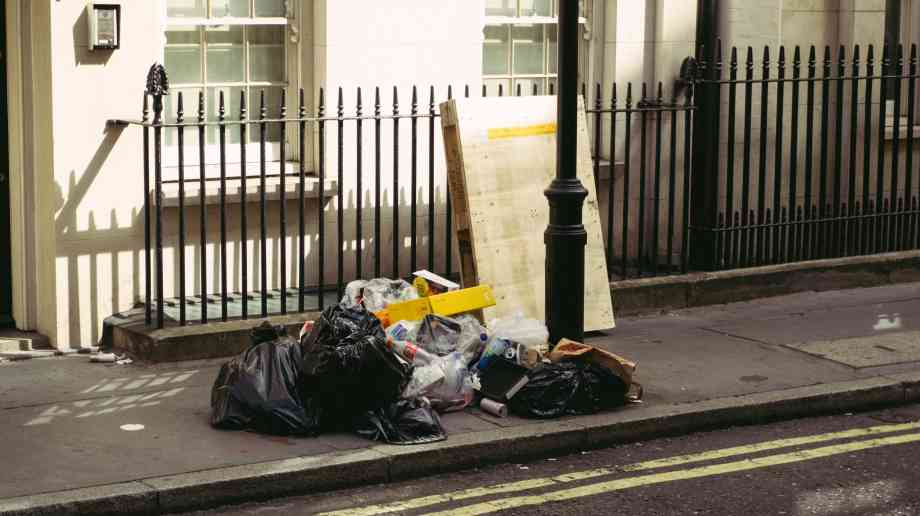Sue Robb of 4Children talks to Julie Laughton and Alison Britton from the Department for Education about the role of childminders in delivering the 30 hours free entitlement.
Fly-tipping offences soar by 50 per cent

The Local Government Association has argued that tougher sentences are needed to deter fly-tipping, with latest figures showing that the issue costs councils £58 million a year to clear up.
Only five per cent of court-imposed fines for fly-tipping offences in England in the past six years were above £1,000, and only a sixth of them above £500. This is despite fly-tipping incidents soaring by 50 per cent over the same period, up from 714,637 in 2012/13 to 1,072,431 in 2018/19.
Council leaders claim that tougher sentences are needed to deter fly-tipping. Councils are taking increasing enforcement action against the criminals responsible, taking action on nearly half a million incidents in 2018/19 – almost 5,000 more than the previous year and up by nearly 75,000 in six years.
However, less money is available for discretionary powers – like issuing penalty notices for fly-tipping, as a result of demand on councils’ legal duties. The LGA is calling on the government to work with councils on reviewing guidance to the courts to ensure the worst offenders face tougher sentences, and that councils have the funding needed to investigate and prosecute fly-tippers.
David Renard, LGA Environment spokesman, said: “Fly-tipping is not only an illegal, inexcusable and ugly blight on society, it is a serious public health risk and costs taxpayers in England £58 million a year to clear up. Councils are determined to crack down on the problem and have increased enforcement activity, including installing CCTV at fly-tipping hotspots to support successful prosecutions.
“However, prosecuting fly-tippers often requires time-consuming and laborious investigations, with a high threshold of proof. Tougher sentences are needed to act as a stronger deterrent to criminals dumping waste. This is why we want to work with the government on reviewing sentencing guidelines for fly-tipping, so offenders are given bigger fines for more serious offences, and ensure councils have the funding needed to investigate incidents. Manufacturers can also contribute, by providing more take-back services so people can hand in old furniture and mattresses when they buy new ones. People should report fly-tipping as soon as possible.”
Company Focus
Just Lanyards is a subsidiary name of Gifts 2 Impress Limited, who have been trading for over 25 years, we therefore pride ourselves in having endless experience covering all aspects of the promotional merchandise industry.
Event Diary
UKREiiF has quickly become a must-attend in the industry calendar for Government departments and local authorities.
The multi-award-winning UK Construction Week (UKCW), is the UK’s biggest trade event for the built environment that connects the whole supply chain to be the catalyst for growth and positive change in the industry.
Supplier Profiles
Geo Energy
At GeoEnergy Design, we're on a mission to disrupt the traditional way heating and cooling ha
Latest Features
Professor Harith Alani, director of the Knowledge Management Institute at the Open University explains how AI can be used for good and bad.
Alex Lawrence, head of health & social care, techUK sets out techUK’s Five Point Plan for CareTech.

















